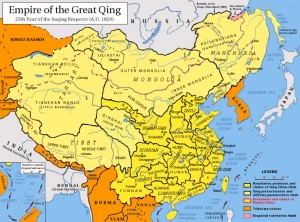Edward Snowden: Whistleblower or Traitor?
 Earlier this month, I learned that as a Verizon Wireless customer, my cell phone records, and those of family, may very well be sitting in some National Security Agency (NSA) analyst’s cubicle.
Earlier this month, I learned that as a Verizon Wireless customer, my cell phone records, and those of family, may very well be sitting in some National Security Agency (NSA) analyst’s cubicle.
According to The Guardian, which first reported the story June 5, Verizon is under a court order to turn over on an “ongoing, daily basis,” information such as “the numbers of both parties on a call . . . location data, call duration, unique identifiers, and the time and duration of all calls,” and more. However, no subscriber’s personal information or contents of a call are covered by the order.
Shortly after the story broke, Edward Snowden, a 29-year-old former NSA contractor, came forward as the informant. Time Magazine quotes Snowden as saying, “The public needs to decide whether these programs and policies are right or wrong.” He has since been charged with theft of government property, unauthorized communication of national defense information, and willful communication of classified communications intelligence information to an unauthorized person. Snowden may currently be in Moscow and is rumored to be heading to Ecuador to seek political asylum there.
Because the information that Verizon turns over is considered metadata and not communications, the NSA needs no warrant to access it. Even so, by putting together enough metadata, one can fairly easily put together a profile of who is calling whom, for how long, and from where. While no actual content is turned over to the NSA, the breadth of this program—code named PRISM—should frighten any American because the information is handed over wholesale; no probable cause or suspicion of wrongdoing needed. And, boom. The NSA is keeping tabs on you.

